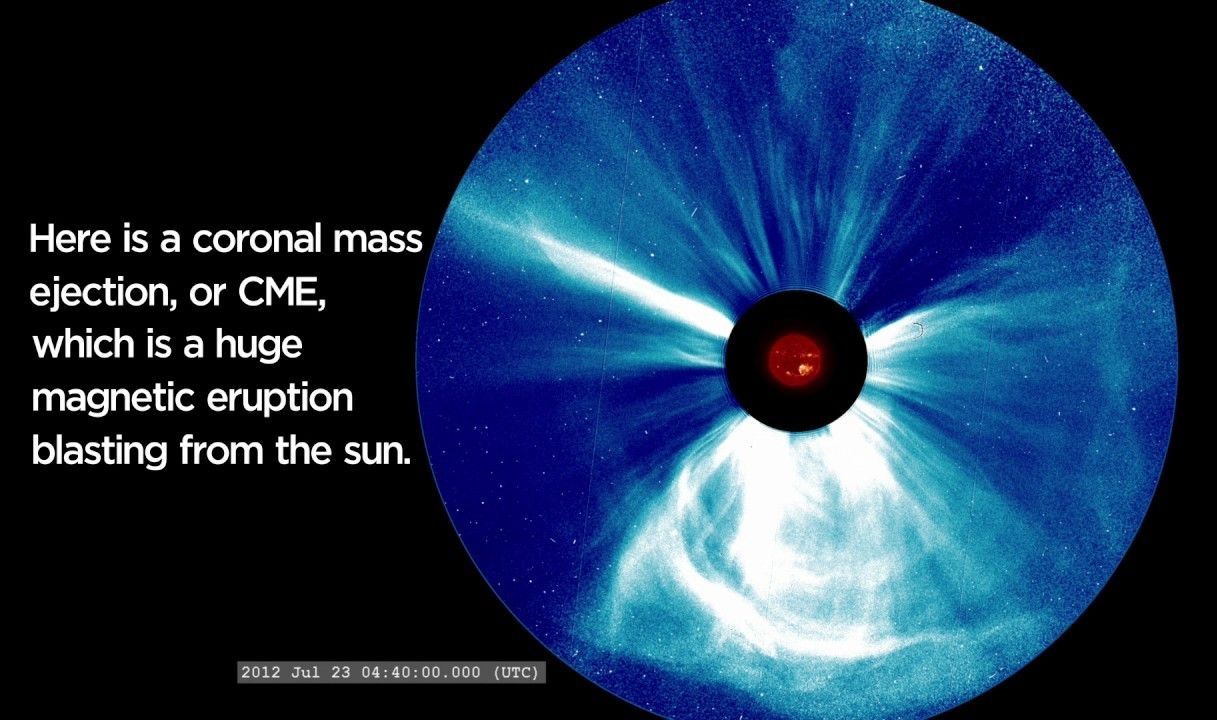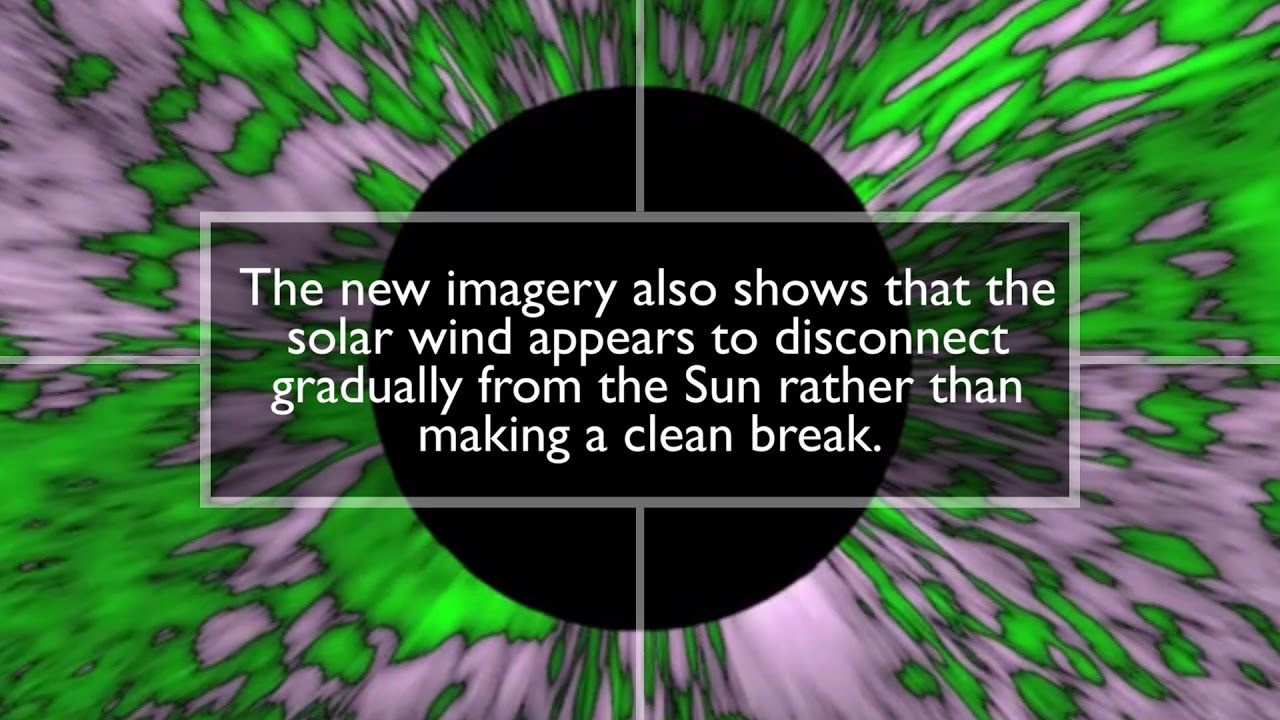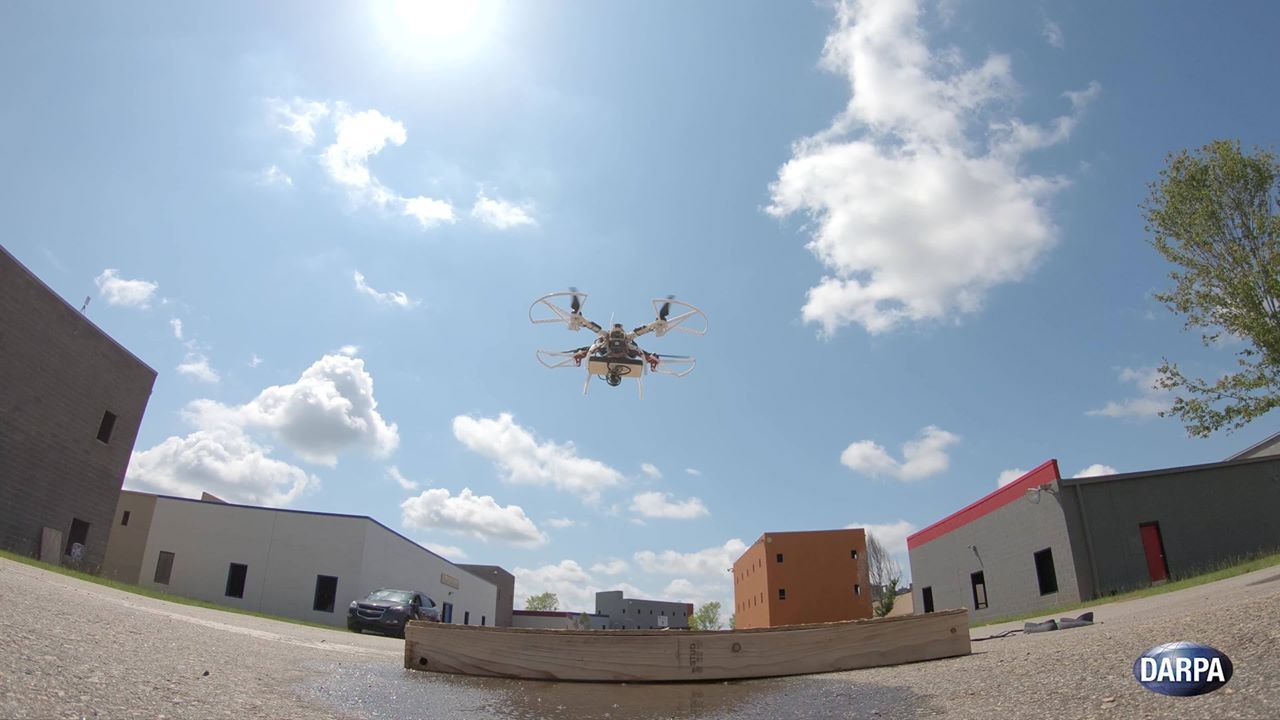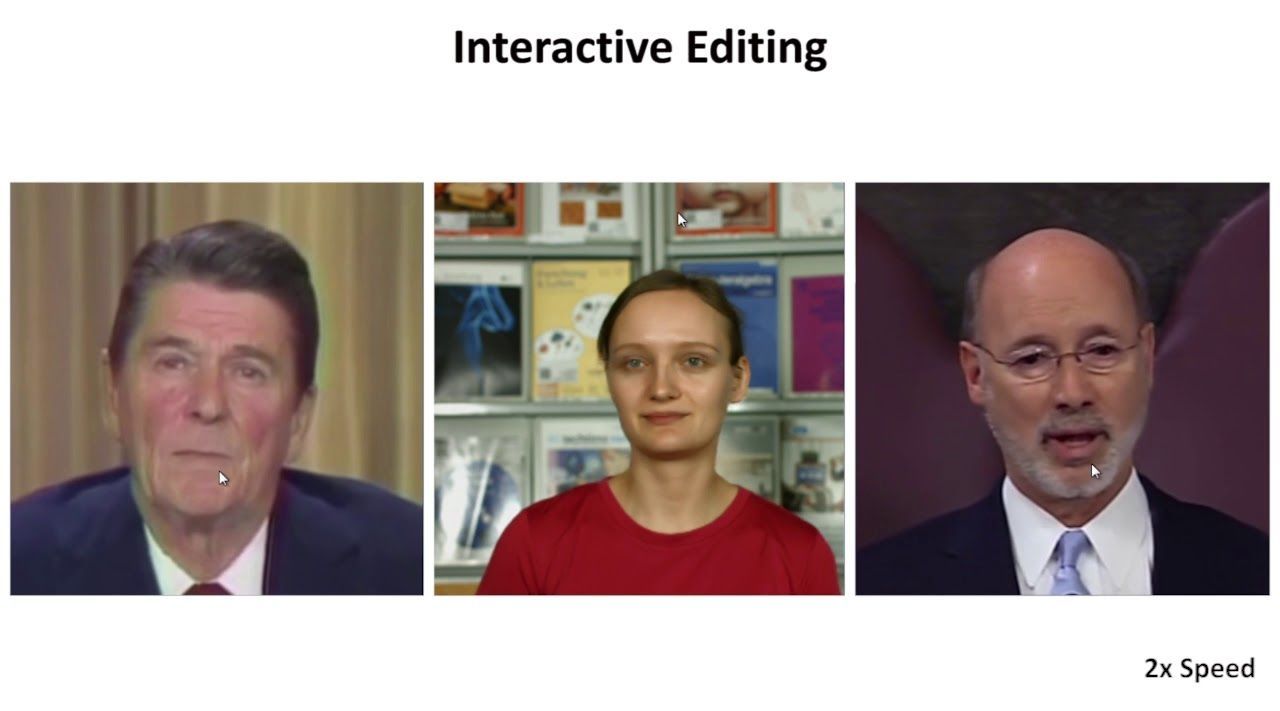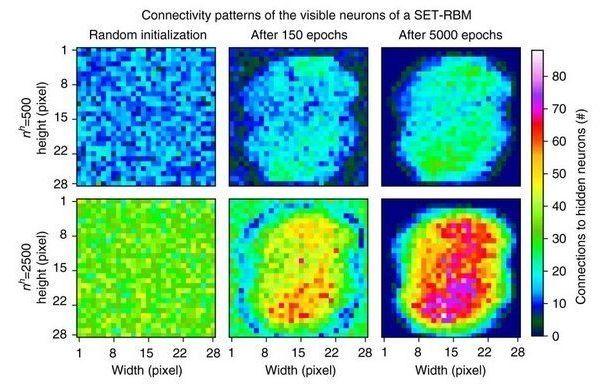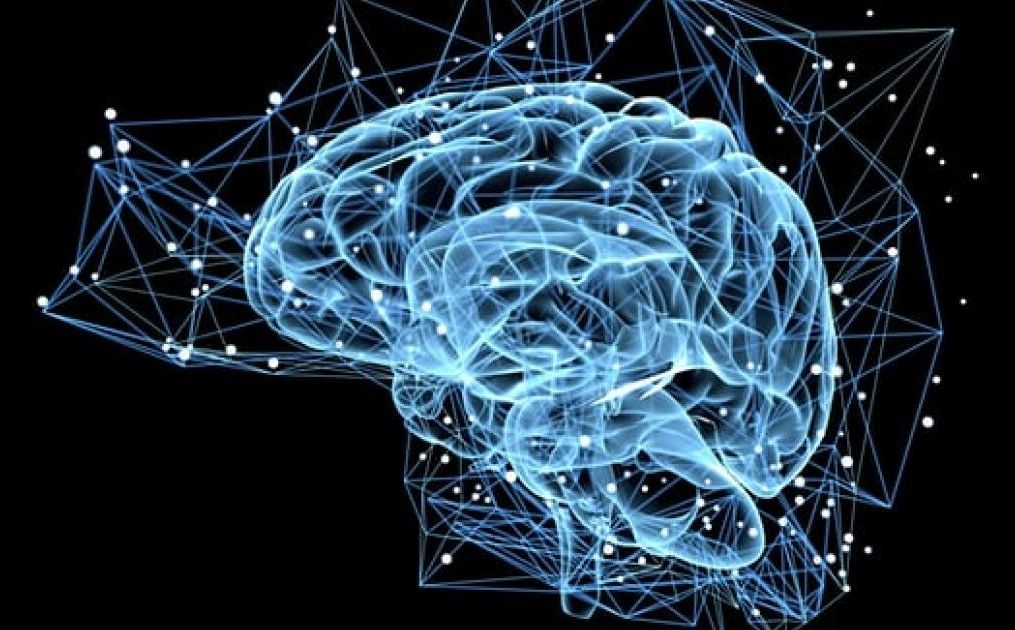Jul 21, 2018
Robot chemist discovers new molecules and reactions
Posted by Dan Kummer in categories: chemistry, information science, robotics/AI
A glimpse at the coming AI researchers. (AI’s that do research).
A new type of artificial-intelligence-driven chemistry could revolutionise the way molecules are discovered, scientists claim.
In a new paper published today in the journal Nature, chemists from the University of Glasgow discuss how they have trained an artificially-intelligent organic chemical synthesis robot to automatically explore a very large number of chemical reactions.
Continue reading “Robot chemist discovers new molecules and reactions” »

